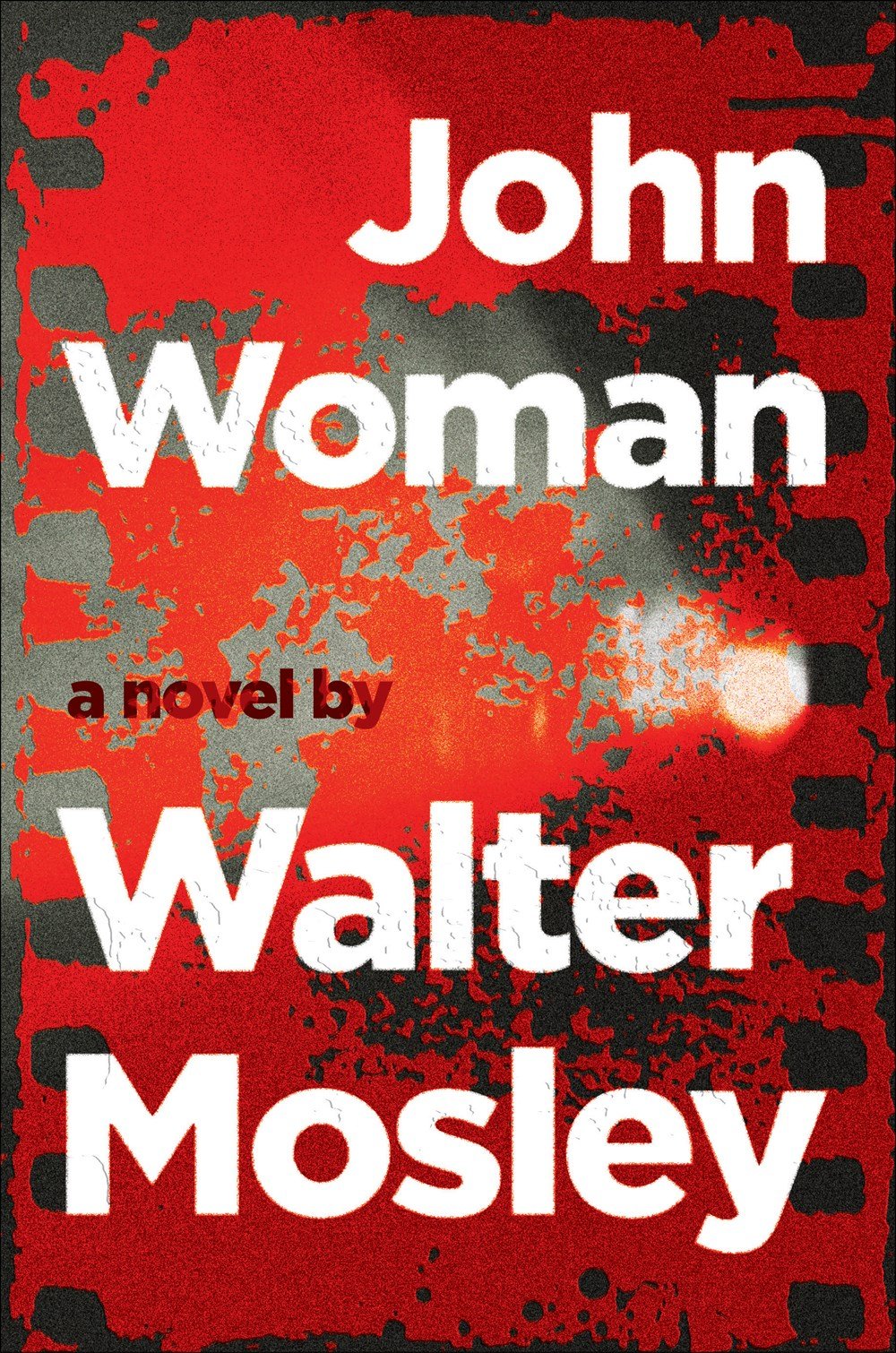“John Woman,” the newest novel from prolific and philosophical Walter Mosley, arrives today telling the story of a fugitive genius.
It begins with Shakespeare’s Sonnet XVII – “Who will believe my verse in time to come” – and ends 36 chapters later with a mystery, its central character missing. Detectives find blood of more than one type on a New York City park bench.
In between is the story of a character born Cornelius Jones, the son of an Italian-American sensualist and an older, self-taught black intellectual. The novel opens as Lucia Napoli is describing her youthful wanton desires to her 12-year-old son, whom she calls CC. The boy mostly lives with his father Herman, a silent film projectionist in New York’s East Village. As Herman’s health fails, Cornelius takes over the job.
Five years later, father near death and mother in the wind, Cornelius becomes entangled in a murder and reinvents himself as John Woman. Brilliant in the classroom, he launches an intellectual movement – centered in Herman’s ideas — that grapples with the slipperiness of history. John Woman prospers, holding forth and breaking rules at a fictional southwestern American university.
Mosley, who studied political theory, is drawn to the difficulty of knowing history. “When I decided to write about this phenomenon I did so by constructing the novel of ideas – ‘John Woman’ (Grove Atlantic, 377 pp, $26),” he says.
“Understanding that this was to be a novel and not a treatise I gave my character a history in which he committed a crime that had to be hidden. There is no mystery about who committed the murder. There is no detective that solves a crime. Indeed, the reader might feel that no crime has been committed. ‘John Woman’ is a study of a man who stalks a prey (history) that is at the same time tracking him.”
Mosley spent nearly 20 years thinking about this novel. He described his own father, Leroy, who was a supervisory custodian in the Los Angeles Public Schools, as a “Black Socrates.” His mother, Ella Slatkin Mosley, was a Jewish clerk whose ancestors emigrated from Russia. In 1951, the state of California refused to issue the couple a marriage certificate. Their only child was born the next year.
Young Walter grew up in Los Angeles and wrote dozens of critically acclaimed novels, translated into some 25 languages. He is celebrated for his Easy Rawlins stories, and won an Anisfield-Wolf Book Award in 1998 for “Always Outnumbered, Always Outgunned,” detective fiction also set in tough South Central Los Angeles.
“Though I am known as a mystery writer that genre has never been the only expression of my writing career,” Mosley says in the publicity materials for his new novel. “I have published over 55 books since 1990. Less than half of these have been mysteries.
“I write books to fit the story and the subject I’m interested in. And so when I wanted to tell a tale about the blues and the bluesman Robert Johnson I wrote the literary novel ‘RL’s Dream’ in which Mr. Johnson served as the negative space. When I felt pressed to write about the impact and the internal struggle of dementia I wrote ‘The Last Days of Ptolemy Grey.’”
Mosley, 66, has lived in New York City since 1981. “John Woman” begins and ends in that town, full of moral complexity even as its 377 propulsive pages fly along. Its author describes it as a political novel.


